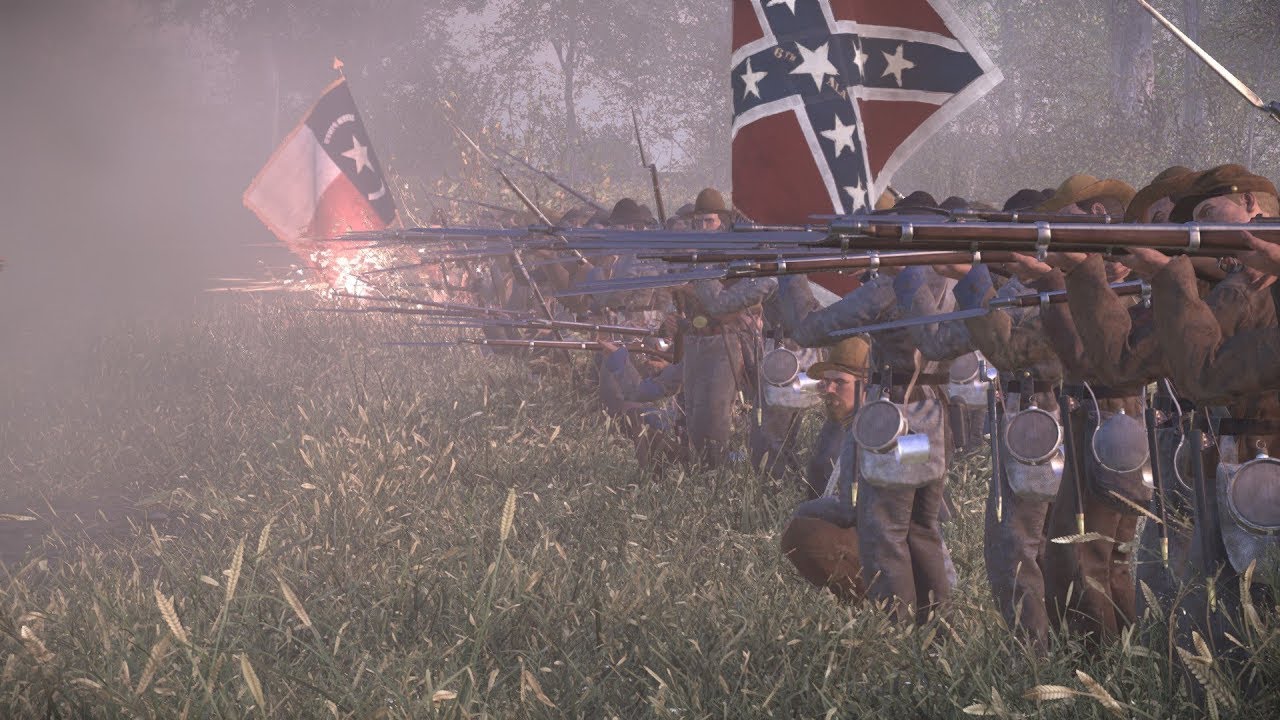

Home | About Us | News | Links | Contact | Calendar
Search | Chaplain | Videos | Books

|
Black is Gray: MS Rep. John F. Harris |
||
| In Mississippi on February 1, 1890, an appropriation for a monument to the Confederate dead was being considered.
A delegate had just spoken against the bill, when John F. Harris, a Black Republican delegate from Washington,
county, rose to speak: "Mr. Speaker! I have risen in my place to offer a few words on the bill. I have come from a sick bed. Perhaps it was not prudent for me to come. But sir, I could not rest quietly in my room without contributing a few remarks of my own. I was sorry to hear the speech of the young gentlemen from Marshall County. I am sorry that any son of a soldier would go on record as opposed to the erections of a monument in honor of the brave dead. And, Sir, I am convinced that had he seen what I saw at Seven Pines, and in the Seven Day's fighting around Richmond, the battlefield covered with mangled forms of those who fought for this country and their country's honor, he would not have made the speech. When the news came that the South had been invaded, those men went forth to fight for what they believed, and they made not requests for monuments. But they died, and their virtues should be remembered. Sir, I went with them. I, too, wore the gray, the same color my master wore. We stayed for four long years, and if that war had gone on till now I would have been there yet. I want to honor those brave men who died for their convictions. When my Mother died I was a boy. Who, Sir, then acted the part of Mother to the orphaned slave boy, but my old Missus! Were she living now, or could speak to me from those high realms where are gathered the sainted dead, she would tell me to vote for this bill. And, Sir, I shall vote for it. I want it known to all the world that my vote is given in favor of the bill to erect a monument in HONOR OF THE CONFEDERATE DEAD." When the applause died down, the measure passed overwhelmingly, and every Black member voted "AYE." (Source: War For What? by Francis Springer) |
||
|
|
> >